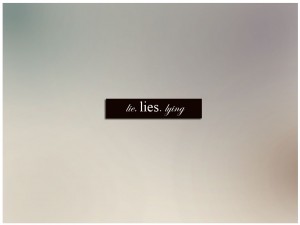 “The worst part about being lied to is knowing you weren’t worth the truth”
“The worst part about being lied to is knowing you weren’t worth the truth”
Jean-Paul Sartre
The release this week of UK cabinet papers from the 1980s reveals as true something that opponents of Margaret Thatcher’s administration have long protested – that she and other leading tories had continued to plan the dismantling of the welfare state – including the privatisation of education and the National Heath Service – even in the wake of her sophistical proclamation that “the health service is safe in our hands“.
It is – of course – jejune to be shocked at the mendacity and dishonesty of politicians of all hues… a truism that has been borne out in spades this year. As far as I can recall I graduated my own education in such matters shortly after the 1979 UK general election in which Thatcher came to power. That election campaign had featured prominently the infamous Saatchi and Saatchi advert showing a long snaking queue for the dole (unemployment) office, under the banner heading “Labour isn’t Working“.
In 1979 the tories inherited an unemployed total of 1.4 million. The monetarist policies pursued by the Thatcher government saw this figure rapidly rocket to north of 3 million! It subsequently became apparent that the thinkers behind the tories’ strategy – and in particular Keith Joseph, the chief architect thereof – had known all along that their policies would indeed cause unemployment to soar… a price that they considered ‘worth’ paying.
Such hypocrisies have led me to adopt the attitude attributed to Louis Herren – foreign correspondent for The Times in the 1960s and 70s. He would ask himself – on being briefed by some politician or other – “Why is this lying bastard lying to me?“.
Good advice!


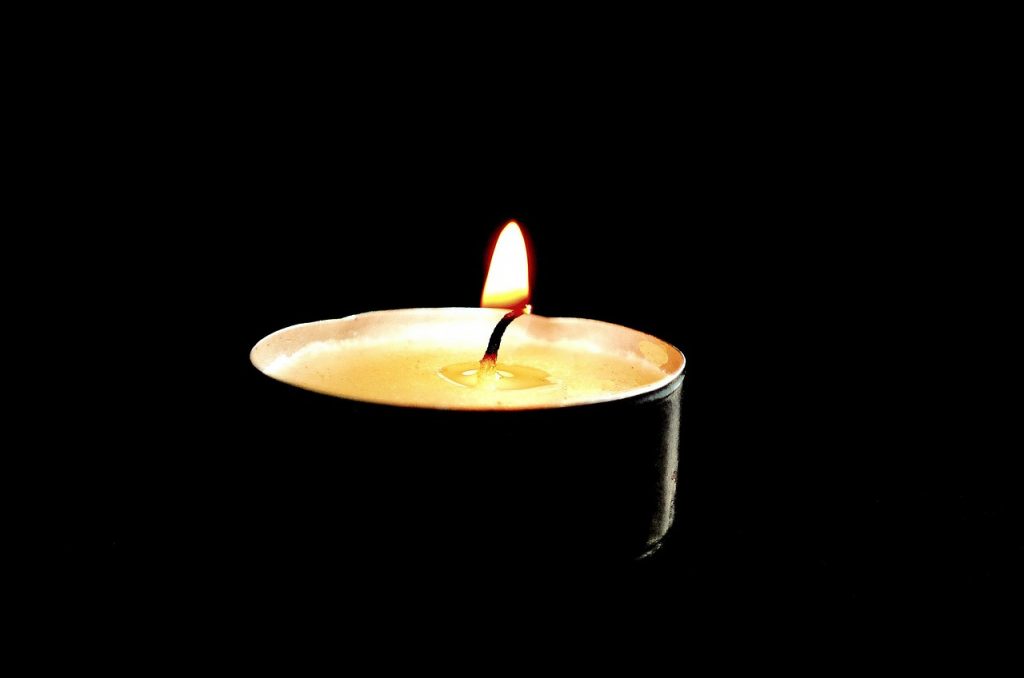


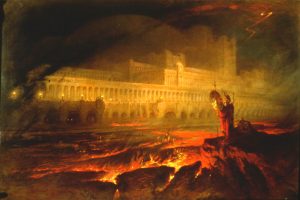

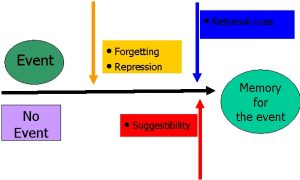
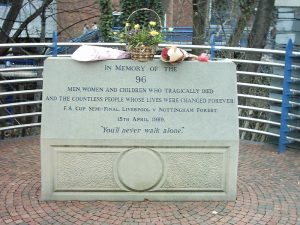
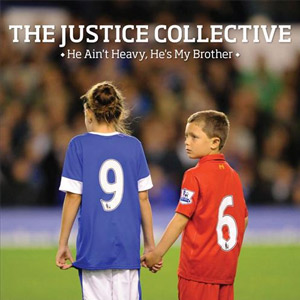


Recent Comments